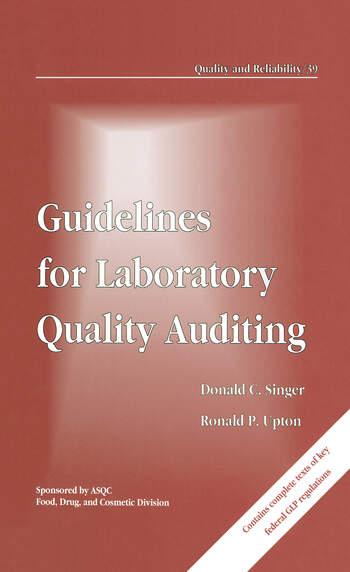Question
Worksheet Closing Process - Review Problem Solve this problem using a worksheet with 6 pairs of columns. 1. Accounts of Unnamed Company at December 31,
Worksheet Closing Process - Review Problem Solve this problem using a worksheet with 6 pairs of columns. 1. Accounts of Unnamed Company at December 31, 2014: Accounts Payable $ 51,200 Accounts Receivable 73,000 Accumulated Depreciation - PPE 282,000 Allowance for Uncollectible Accounts Receivable 2,300 Allowance for Uncollectible Notes Receivable 2,100 Bonds Payable 330,000 Capital Stock 400,000 Cash 49,000 Depreciation Expense 64,000 Discount on Bonds Payable 4,500 Dividends 10,000 Dividends Payable 3,000 Insurance Expense 37,000 Interest Revenue 6,300 Merchandise Inventory (1/1) 14,500 Miscellaneous Expense 6,600 Mortgage Payable 230,000 Notes Payable 143,000 Notes Receivable 79,000 Paid-in Capital in Excess of Par 200,000 Purchases 108,000 Property, Plant and Equipment 1,530,000 Retained Earnings 71,500 Sales Returns and Allowances 5,000 Sales Revenue 393,500 Supplies Inventory 7,300 Wages Expense 127,000 Prepare an Unadjusted Trial Balance with these accounts using their natural balances in the first pair of columns on your worksheet, one labeled debit and the other labeled credit. Accounts should appear in the following order: Assets with contra-assets, from current to long-term, then Liabilities with contra-liabilities, from current to long-term, then permanent (or real) Equity accounts, then temporary (or nominal) accounts (mostly expenses and revenues). Refer to the Advanced Company example for a review of a company using the periodic inventory method. Note that the Advanced Company example has fewer accounts than this problem and has a net loss. 2. After the company's trial balance was prepared, some adjustments were identified. Post these adjusting entries in the next set of two columns. The adjustments may require adding new accounts out of order at the bottom of the worksheet. a. A patent had been purchased for $5,000 by issuing a Note Payable on December 23. Neither the patent nor the note had been posted yet. b. A review of the insurance policy indicates that $7,000 of the insurance already paid for covers the following fiscal year. c. Wages of $8,000 had been earned by employees but not paid by December 31. d. Sales Revenue includes $11,500 that had been received from a customer to pay for goods that will not be delivered until January 15. e. A count of the supplies inventory shows that only $1,000 of supplies remains at the end of the year. 3. Show the adjusted account balances in the next pair of columns labeled Adjusted Trial Balance. 4. Extend the income statement information to the next pair of columns along with the value of the beginning inventory. Label these columns "Income Statement." These columns will hold the information that will be used to prepare the Income Summary journal entries and the Income Statement. The Merchandise Inventory at December 31 was $37,500. Refer to the Advanced Company problem to see how to handle the beginning and ending inventory values on your worksheet. The two columns will not balance. The difference will equal the income or loss. 5. This company uses a periodic rather than a perpetual inventory. Therefore, the worksheet impact of updating the inventory will be seen in the Income Statement set of columns. The beginning inventory will be treated as an expense considered in figuring income. The ending inventory will be treated as a reduction of expense. The ending inventory will also appear among the assets listed in the Balance Sheet set of columns. This will assure that the income statement columns include all the parts of the Cost of Goods Sold Section that later appears on the Income Statement. 6. Extend the Retained Earnings Statement information (beginning retained earnings, net income, dividends) to the next two columns labeled "Retained Earnings. The difference between the two columns will equal the ending Retained earnings balance. 7. Extend all remaining permanent account totals to the final set of columns which will be the post-closing trial balance, or the Balance Sheet information. These columns should balance. Then write out the closing entries in good journal entry form. You don't need to write out the adjusting entries. 8. Please submit this problem as early as you can using Blackboard Journal.
Step by Step Solution
There are 3 Steps involved in it
Step: 1

Get Instant Access to Expert-Tailored Solutions
See step-by-step solutions with expert insights and AI powered tools for academic success
Step: 2

Step: 3

Ace Your Homework with AI
Get the answers you need in no time with our AI-driven, step-by-step assistance
Get Started


